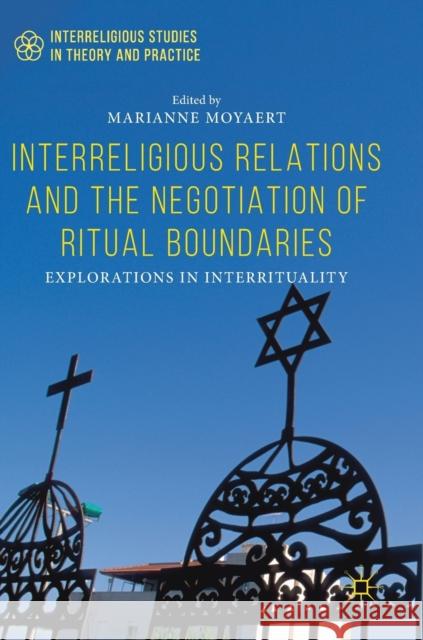Interreligious Relations and the Negotiation of Ritual Boundaries: Explorations in Interrituality » książka
topmenu
Interreligious Relations and the Negotiation of Ritual Boundaries: Explorations in Interrituality
ISBN-13: 9783030057008 / Angielski / Twarda / 2019 / 296 str.
Kategorie:
Kategorie BISAC:
Wydawca:
Palgrave MacMillan
Seria wydawnicza:
Język:
Angielski
ISBN-13:
9783030057008
Rok wydania:
2019
Wydanie:
2019
Ilość stron:
296
Waga:
0.52 kg
Wymiary:
21.01 x 14.81 x 1.91
Oprawa:
Twarda
Wolumenów:
01
Dodatkowe informacje:
Wydanie ilustrowane











